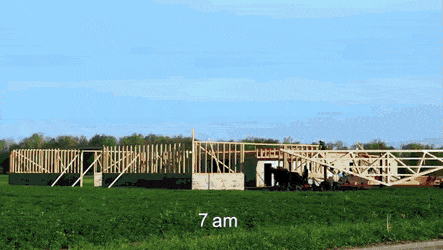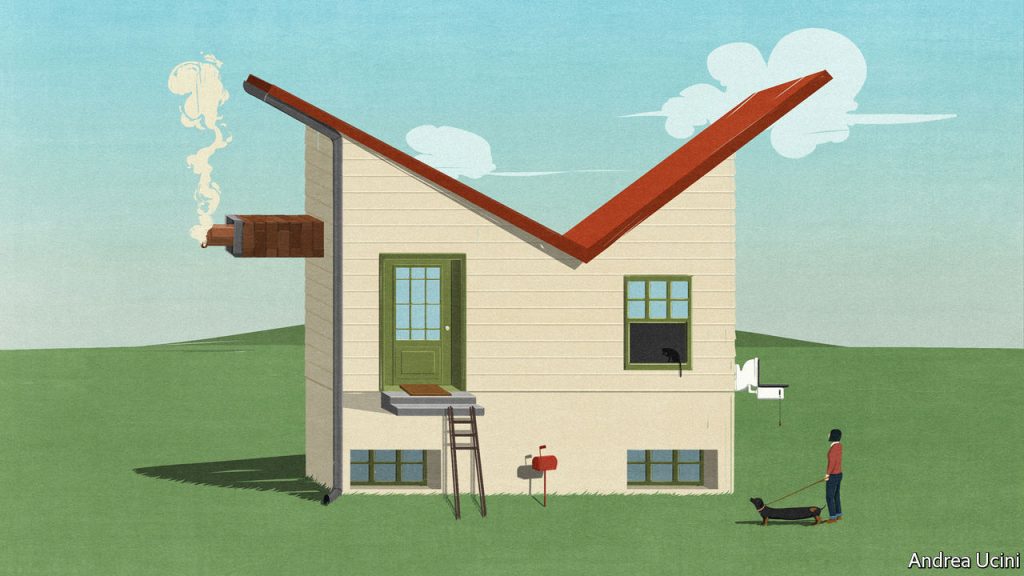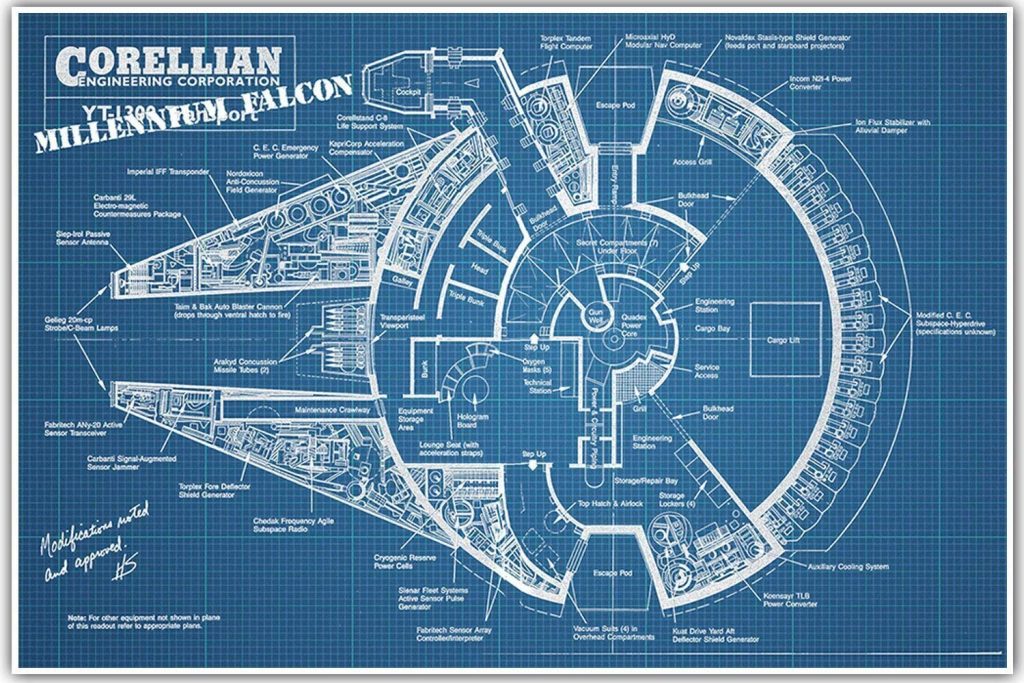Building a breakthrough for Fairphone 2
Software is the unsung hero of longer-lasting devices. Software updates slay bugs, shield you from viruses, and help protect you from the marauding hordes that want your personal data. To keep an old phone going, you want the most recent, most well-equipped operating system you can get.
Our goal is for your Fairphone to last as long as possible, well beyond the current average of buying a new phone every two years. The longer you can keep your phone, the smaller its environmental footprint. It’s why we’ve dedicated significant time and resources to providing Android updates for our phones. And it’s why we’re so excited to announce today that a beta version of Android 9 is now available for Fairphone 2! To put into perspective how significant this announcement is, grab a hardhat and join me for a little tour of the Android 9 “construction site” here at Fairphone.
How Android houses are constructed
Let’s pretend that an Android operating system is a house. Android is released by Google through the Android Open Source Project in the form of source code. It’s like a set of blueprints, a foundation, and a frame, but the walls and the roof are missing.
Along comes a housing inspector – Qualcomm, in our case. Qualcomm wants phone manufacturers, their customers, to build Android phones with their chipsets. So they take the Android source code and add specifications for how to build walls and a roof that they think will make a nice safe house for their chipset, slightly different from the houses of other chipsets.
Next up is a neighborhood planner, a company – like Fairphone – that wants to build a phone with that Qualcomm chipset for its community. Fairphone takes Qualcomm’s version of the Android source code (which now includes specs for how to build the walls and roof), and lays the floors. We add a nice new coat of paint and then Android for Fairphone is ready for release!

Now it needs to be maintained. Qualcomm and Google make improvements to materials and provide new paint. But it is up to Fairphone to keep our house maintained and up to date.
This is how we released and patched Android 5 and 6 on the Fairphone 2.
A crooked house
However, after Android 6, our chipset vendor Qualcomm stopped supporting the Snapdragon 801 chipset in the Fairphone 2. No new termite treatments, and no replacement for any missing roof tiles or wood that starts to rot. Our Android 6 house couldn’t protect us from the elements anymore, and the blueprints for Android 7 didn’t even fit the foundations of the Qualcomm house. This is where software support for Android devices generally stops in the industry. And that’s at the core of the problem: deliberately shortened lifespans in the smartphone industry. This is something Fairphone is out to change.
The path we chose for Android 7 on our Fairphone 2 was that of the community-built LineageOS – a kind of alternate house based on a set of blueprints designed to be suitable for many neighborhoods, and executed in easier-to-find, local materials. It was complete, but we then had to modify it to comply with very specific requirements – like the approval testing for Google Mobile Services. Think of it as a house in which we needed to change its foundation or move entire walls.
Our attempt to adjust an already-constructed house resulted in a less-than-perfect initial release of Android 7, but it worked. This was a unique achievement within the industry, making it an especially important milestone for Fairphone. This was moving our goal for longer-lasting devices another step in the right direction.

But now we’re facing the same challenges all over again. If Android 7 isn’t maintained by Google anymore, Android 7 users will eventually be exposed to security and usability issues – leaky roofs, termites in the ceiling beams, and cracked basements. So it makes sense to try upgrading to a higher version of Android that is still actively maintained by Google.
Blueprints
Enter Android 9. After our learnings from Android 7, we knew that this time we wanted to build the house from the ground up, allowing full control all the way through.

We’ve spent months laying brickwork, smoothing plaster and fitting windows. We’ve never built a house completely by ourselves before, and it took us a while to refine our blueprints! But by building a couple of rickety houses first, we learned so many valuable lessons; our current version is looking good and ready to enter the beta testing phase.
Besides fixing user-facing issues we are working on acquiring Google certification, which is the biggest hurdle that we have yet to overcome. Because Qualcomm is no longer supporting the chipset in the Fairphone 2, we have to make Android 9 comply with all of Google’s requirements ourselves. This is a complex undertaking that pushes our engineering efforts to the limits.
So, would you like to visit our house and help add a lick of paint or some molding?
Sign up to be a beta tester now! Let’s build something together, and help Fairphone 2 users to keep their phones going for longer!



